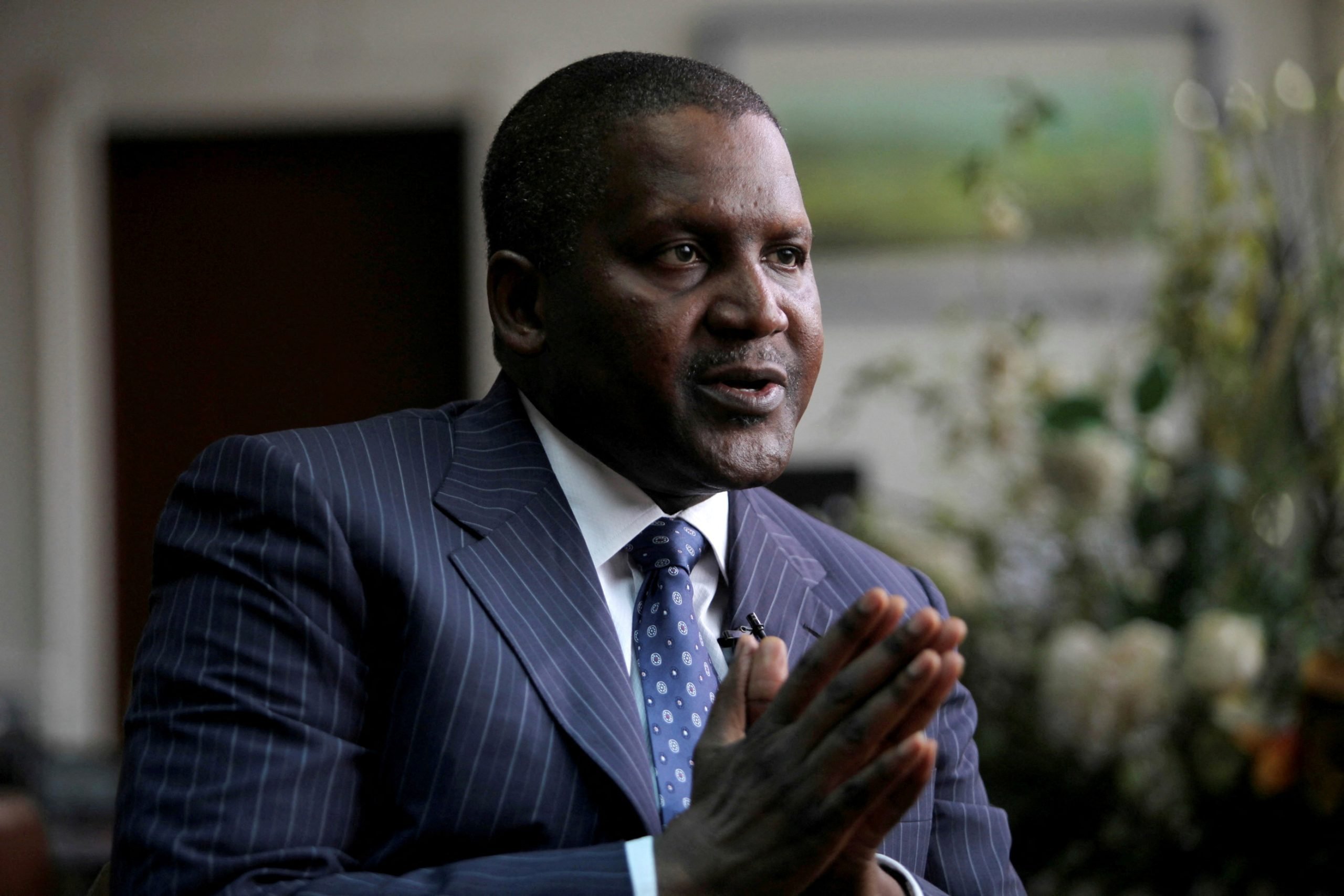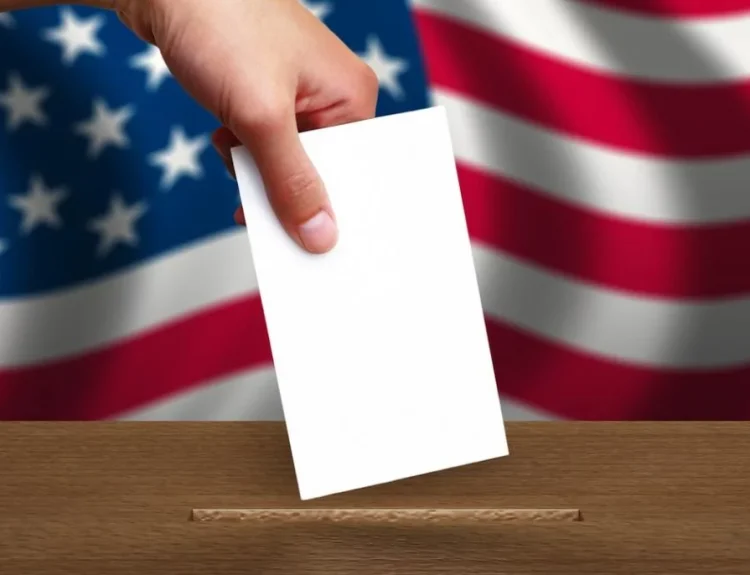Aliko Dangote, Africa’s richest man and the President of Dangote Group, has revealed that a wealthy friend who once advised him against investing in Nigeria is now gloating over the alleged setbacks of his monumental refinery project. Dangote’s candid admission comes amidst fresh controversy over the quality of diesel produced by his refinery and ongoing regulatory challenges.
Dangote, who has been a staunch advocate for investing in his home country, stated that his friend chose to invest abroad due to concerns over policy instability and corruption. Despite this, Dangote remained committed to his vision of solving Nigeria’s long-standing fuel crisis through his $19 billion refinery, which he believed would reduce the country’s reliance on imported fuel and save significant foreign exchange.
The refinery, a decade-long project finally launched last year, is designed to process 650,000 barrels of crude oil per day. It was expected to transform the Nigerian oil sector and alleviate persistent fuel shortages. However, recent reports from the Nigerian Midstream and Downstream Petroleum Regulatory Authority (NMDPRA) have cast doubt on the refinery’s diesel quality, with claims that it contains higher levels of sulfur than international standards permit.
Dangote has vigorously refuted these claims, arguing that the NMDPRA’s assertions are unfounded and politically motivated. He expressed frustration with what he perceives as obstructive forces against his efforts, even suggesting that the Nigerian National Petroleum Corporation (NNPC) should take over the refinery if it means ensuring the delivery of high-quality products and job creation.
Adding to the complexity of the situation, Farouk Ahmed, the NMDPRA Chief Executive, recently stated that the refinery has yet to receive the necessary operational licenses from the Nigerian government. This has further fueled speculation about bureaucratic hurdles impacting the project.
Dangote’s resilience in the face of these challenges underscores his commitment to his country’s economic development, even as he faces criticism from both peers and regulatory bodies. Despite the obstacles, Dangote remains hopeful that his investments will ultimately benefit Nigeria and contribute to its energy independence.







2 Comments